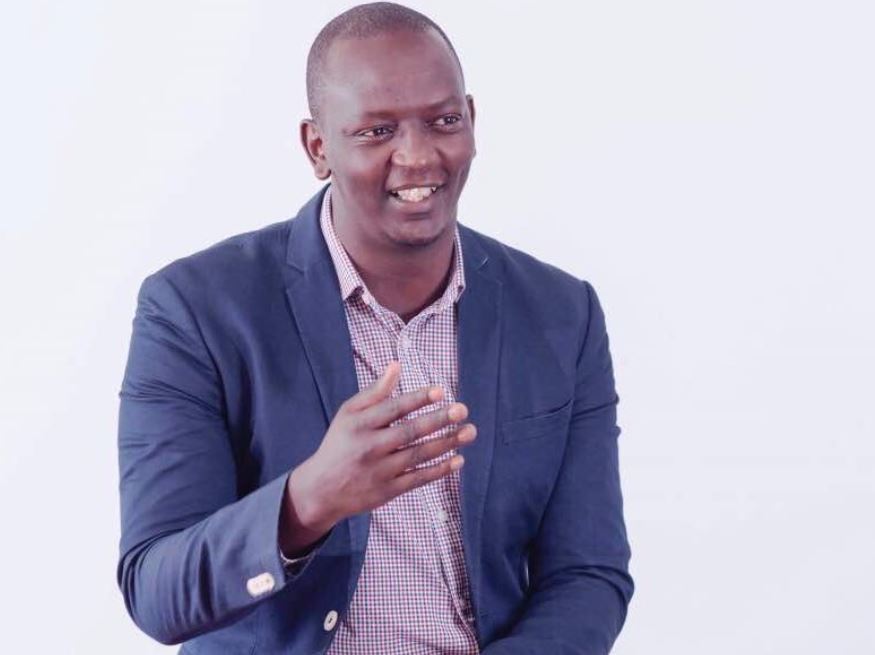×
The Standard e-Paper
Stay Informed, Even Offline

Today’s world is very different from the one I walked into after leaving high school about 25 years ago. A recent estimate by the World Economic Forum shows that more than six of every ten children getting into primary school today will work in careers that do not exist today.
In 1994, many of jobs or employers today did not exist. Since then, there has been a tremendous change driven by technology resulting in thousands of new careers.